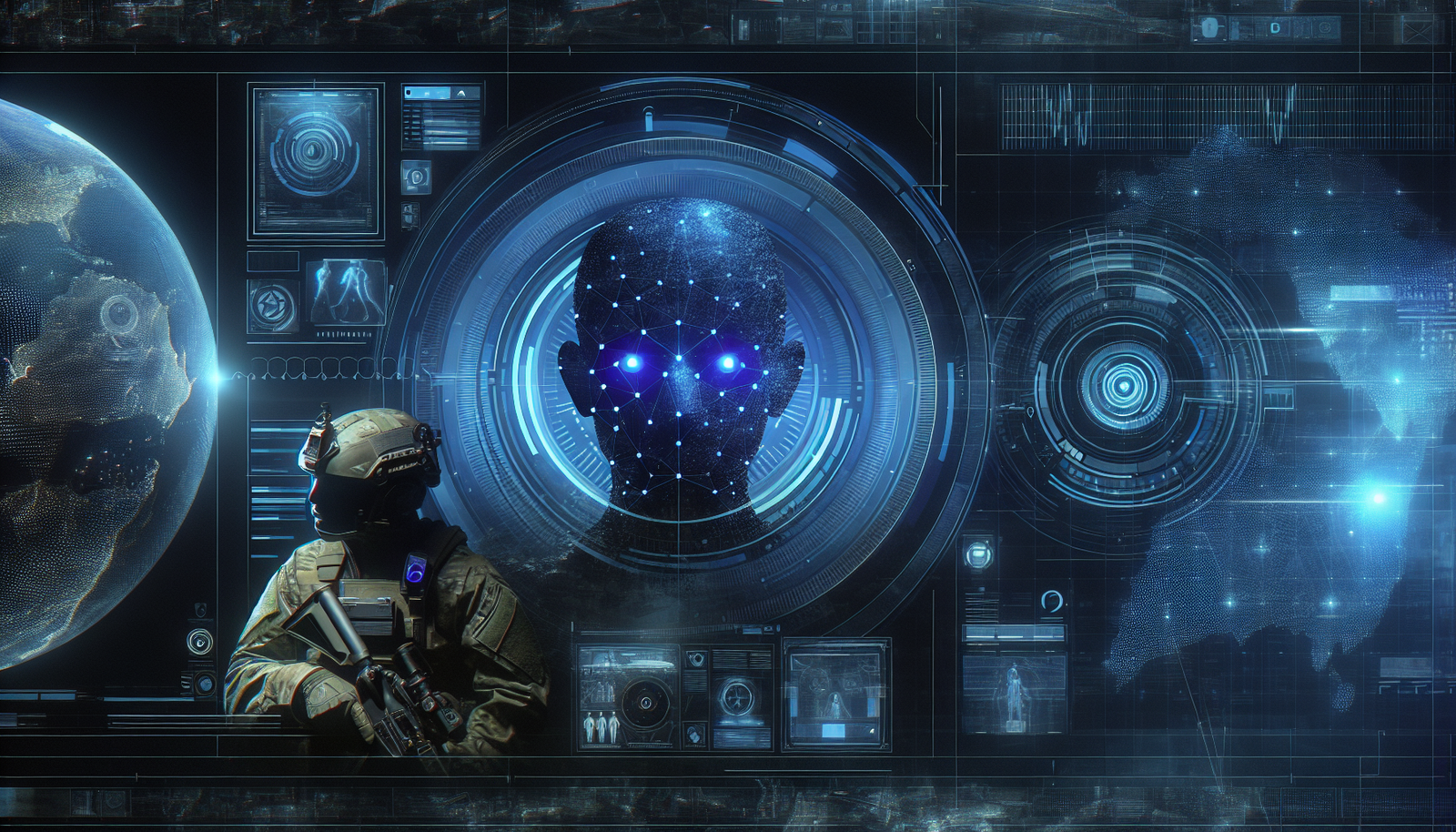The Israeli army has developed an artificial intelligence inspired by ChatGPT, aimed at monitoring Palestinian populations. This initiative raises major ethical questions about the use of technology in conflict contexts. The potential effectiveness of this AI in combating perceived threats poses an increased risk to the privacy of civilians. The geopolitical ramifications of this technological advancement raise significant international concerns.
The Israeli AI to monitor Palestinians
Recently, reports revealed that the Israeli army had developed an artificial intelligence system similar to ChatGPT. This device aims to monitor and analyze Palestinian communications. It represents a technological advancement in the surveillance of occupied territories.
Use of advanced algorithms
The AI put in place by the Israeli Defense Forces utilizes sophisticated algorithms to process an excessive volume of data. With its ability to analyze millions of conversations, the AI is able to identify targeted individuals in Palestinian areas. This system uses tools of machine learning and natural language analysis, allowing for the quick detection of behaviors deemed suspicious.
Ethics and implications
This initiative raises major ethical questions. The control and surveillance of civilian populations challenge the limits of artificial intelligence use. Many human rights experts condemn these practices, considered contrary to respect for privacy. The deployment of such technology raises concerns about the possible militarization of digital tools.
Technology and funding
The development of this AI benefits from substantial financial support. In addition to direct investments from Israeli defense, renowned technology companies like Google provide resources. This partnership has been strengthened by the agreement known as Project Nimbus, allowing access to advanced artificial intelligence technologies.
Impact on military operations
The introduction of artificial intelligence in military operations transforms the strategic landscape in Gaza. Reports indicate that this technology allows for the identification of targets with unprecedented efficiency. The Israeli army asserts that these tools contribute to its mission of neutralizing threats from armed groups.
International reactions
The implementation of this AI has provoked strong reactions on the international scene. Human rights organizations call for strict regulation of the use of artificial intelligence in conflicts. Several countries emphasize the need to establish ethical standards regarding these military technologies.
Surveillance and daily life
The implications of this technology are not limited to military operations. Regular surveillance of Palestinian citizens is becoming a daily reality thanks to advanced tools. Every interaction, every communication, risks being scrutinized, thereby increasing tension within local communities.
The growth of digital surveillance
The proliferation of surveillance devices, coupled with artificial intelligence, marks a new turning point in social control. London, for example, is witnessing a rise in facial recognition surveillance, setting a precedent for other nations. The convergence of these technologies raises the question of the ethical management of personal data in a militarized context.
For more information on the rise of surveillance, check out this article on London and facial recognition surveillance.
The implications of AI in conflict contexts must be carefully evaluated. Citizens must remain vigilant in light of these technological developments, ensuring adequate protection of their claims and rights.
FAQ on the use of AI by the Israeli army to monitor Palestinians
What are the features of the AI developed by the Israeli army?
The AI designed by the Israeli army is capable of analyzing vast volumes of data, identifying individuals, and interpreting conversations to monitor suspicious activities among Palestinian populations.
How is the AI fed data to function effectively?
This AI is fed by millions of intercepted conversations, as well as data from various communication platforms, allowing for in-depth analysis of behaviors.
What is the primary objective of this surveillance technology?
The primary objective of this technology is to detect and anticipate potential threats to Israel’s national security, particularly by identifying suspected militants of Hamas or other groups.
What are the ethical implications of using this AI in Palestine?
The ethical implications include concerns regarding privacy, human rights, and the potential misuse of the technology for the repression of innocent civilians.
Are there any Israeli government funds involved in the development of this AI?
Yes, significant investments have been made by the Israeli government to finance the development of surveillance technologies using AI, thereby increasing their operational capacity.
How does this AI compare to other surveillance systems used worldwide?
This AI stands out for its ability to process massive volumes of data and integrate advanced analyses, thus positioning itself at the forefront of military surveillance technologies on a global scale.
What are the risks associated with the use of this AI for surveillance?
Risks include misidentifications, escalation of tensions between communities, and a potential drift towards violations of the fundamental rights of Palestinians, including unjustified arrests.
How does the international community react to Israel’s use of this technology?
The international community is divided, with some countries expressing concerns about human rights, while others support the security measures justified by Israel to protect its population.
What are the implications of AI use on the ground in Palestine?
On the ground, the use of this AI has led to an intensification of surveillance, affecting the relationship between Palestinians and Israeli forces and provoking increasing tensions in local communities.






